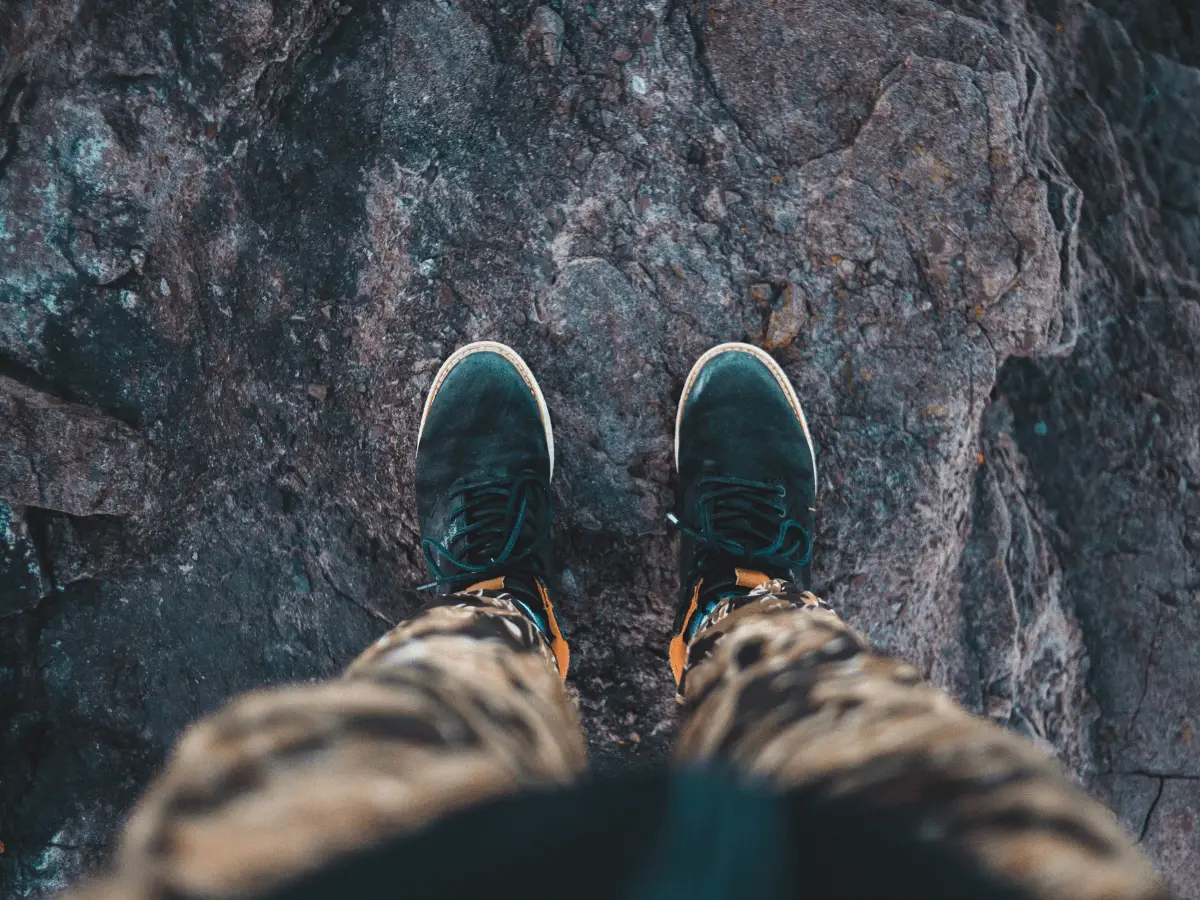Planning a climbing trip and trying to figure out how to gauge the weather? There are a few essential steps to take when going outside; whether it’s months in advance or just a few days, you’ll want to ensure you have good weather conditions for your sends!
Plan a Climbing Trip Months in Advance

Although this can be trickier than a spontaneous weekend getaway, planning a climbing trip for months can be done with more work and flexibility. You’ll want to decide exactly when you will be in a particular area and plan around its climate. For example, climbing in Southern Utah might be harmful if you head out in the summer months. Regular temperatures around 90 Fahrenheit make heat exhaustion a real risk. Alternatively, it’s best to avoid alpine rock climbs in the winter. The dangers of avalanches and snowstorms pose a severe threat, and of course, the rock may still be covered in snow!
Checking Weather Statistics
Since you can use a 10-day forecast once the trip gets closer, it’s important to check the weather statistics of the previous years. This will give you a good idea to see if when you want to plan your trip is a good time. Look for the climate of the area you want to climb and deduce if the weather has routinely been good, iffy, or downright poor. It’s disheartening to plan a trip, and take vacation days, only to rain the whole time.
10-Day Forecast
Fast forward to a few weeks out, and now you’ll want to check the 10-day forecast regularly. Look at a weather radar to ensure no building storms are heading that way. The closer you get to your climbing trip, the more accurate the weather report will be.
Remember that weather can move in and out quickly. So just because the 10-Day forecast doesn’t look great isn’t a good indicator that you should bail on your trip!
Hourly Forecast
It’s finally here! The day of the trip, and you’re heading out to climb! The hourly forecast and radar are your best friend now. Check the wind speeds, the temperature, if there’s cloud coverage, and look for any chance of precipitation. If you’re still determining if you’ll have service where you’re climbing, snap a screenshot on your phone of the forecast so you can refer to it as the day progresses.
Check With Locals
The locals of an area will have the best insight into their region’s weather. You can check with locals during any time of your trip planning process. It doesn’t hurt to call ahead and get first-hand experience with the local weather when you plan to climb. What may be in the forecast is only sometimes in conjunction with what is outside. Even when you arrive at your climbing destination, ask anybody you can about weather patterns for the area.
Be Flexible!
Say you’ve committed to your climbing trip. You’re on the way, or possibly already there when suddenly, the weather is unclimbable.
Either way, having a backup plan can make or break your trip. Some overhung walls stay dry during a rainstorm. You can check it out! Also, look for climbing gyms nearby; if that is a bust, check out what the local scene offers. You may not get to climb on your climbing trip, but you can still have some great experiences!
When you plan a climbing trip for months, checking the weather statistics for an area is your best bet for choosing the right time. If you’re heading out for an impromptu trip, look at the 10–day and hourly forecast. You can always check in with the locals to get their take on an area’s weather patterns. Remember to screenshot the projected weather in case you’re out of service while climbing, and have a backup plan if all else fails!




